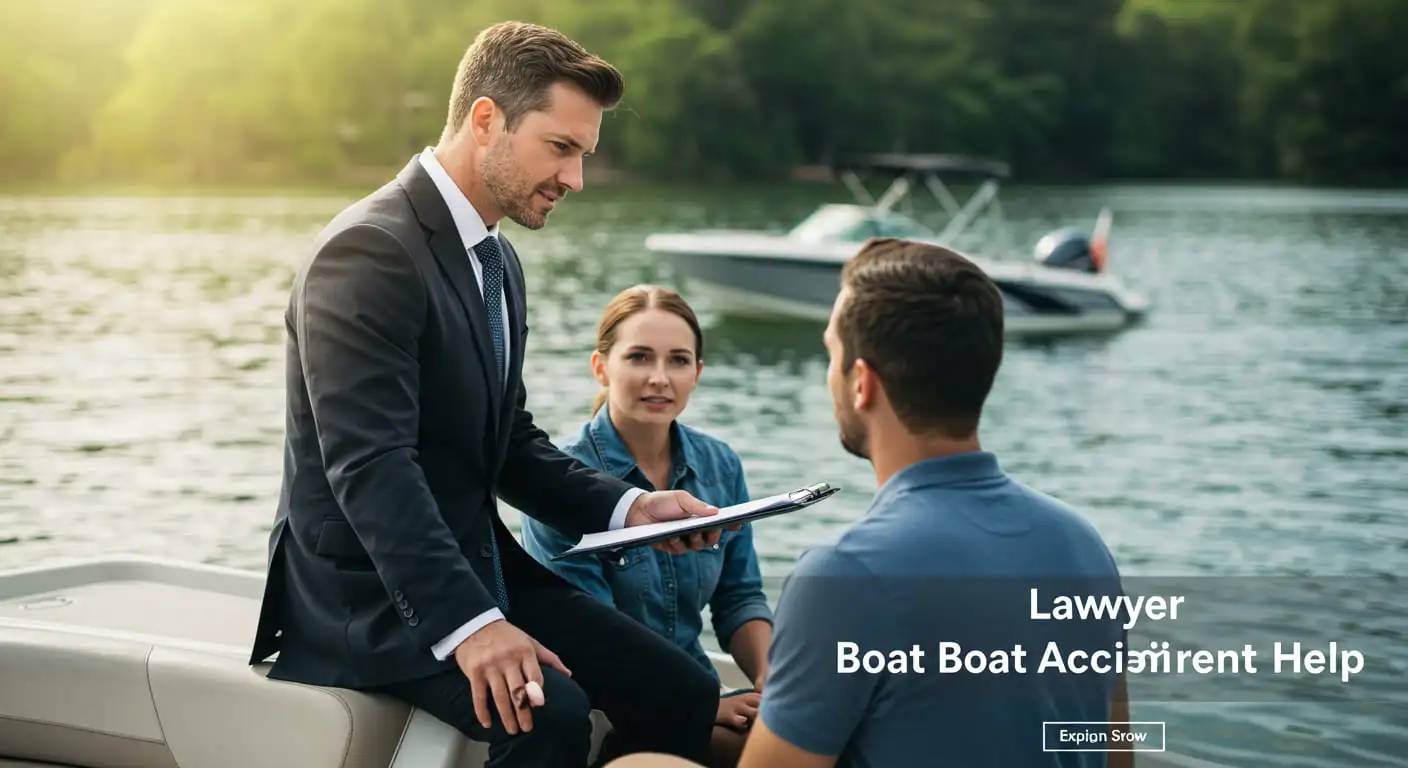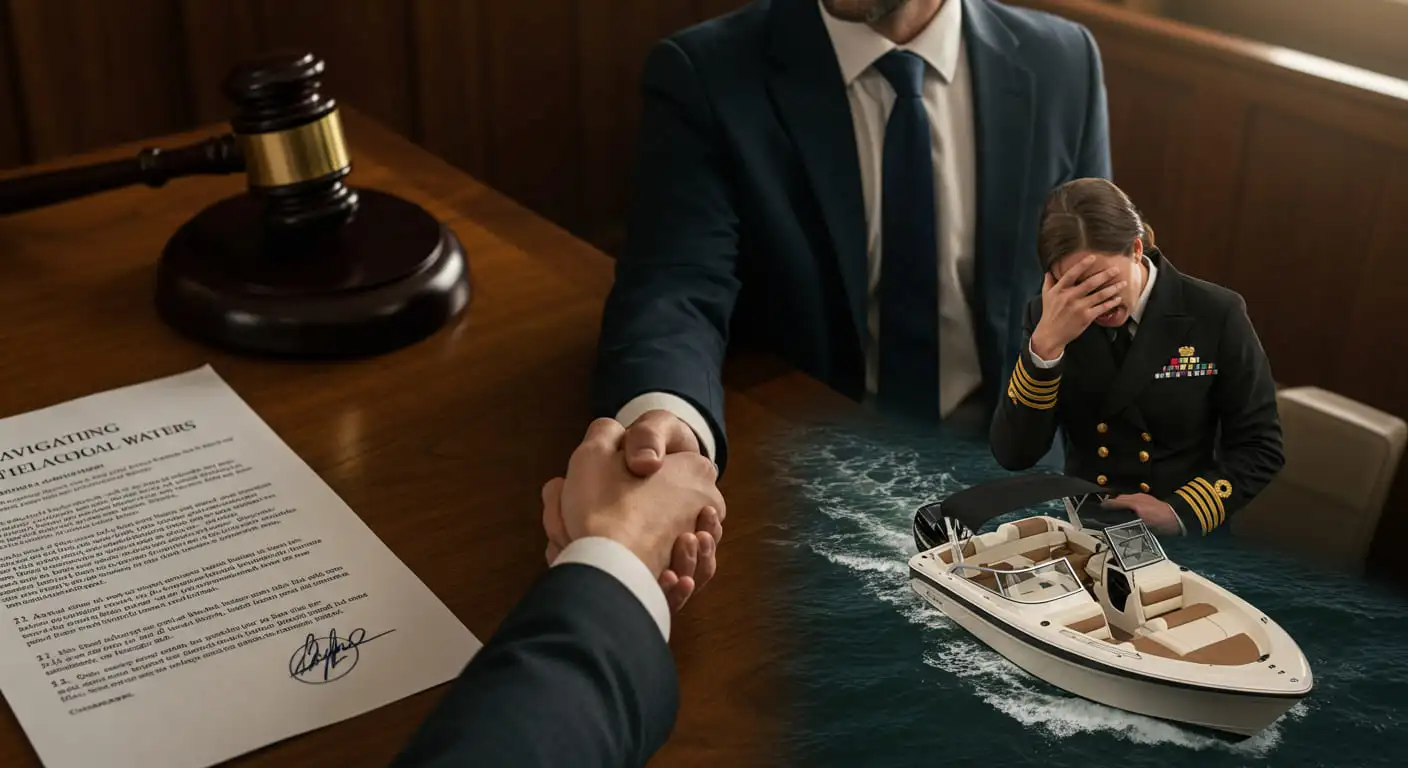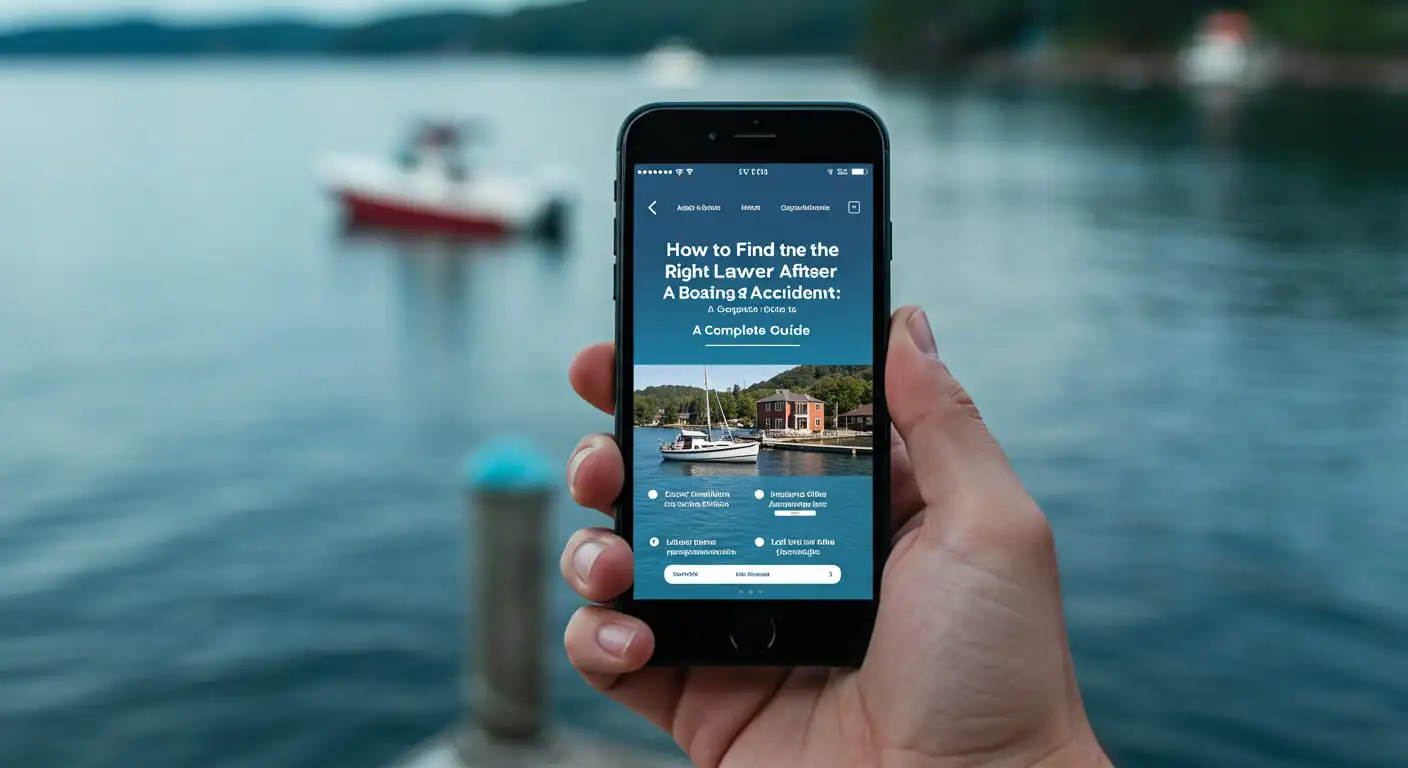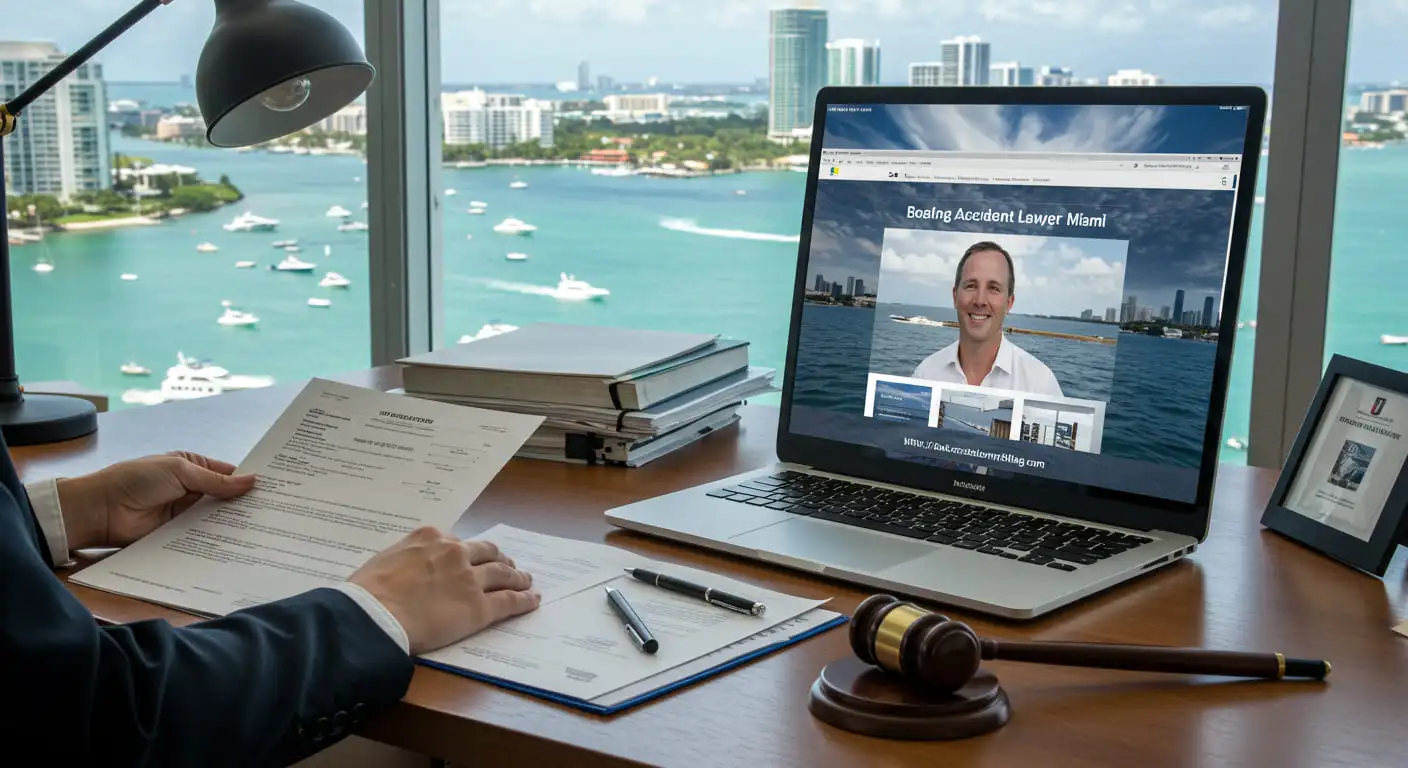Discover the top 10 boating safety tips every beginner must know before hitting the water. Stay safe, legal, and confident on your next trip.
Introduction
Boating is one of the most exhilarating and relaxing ways to enjoy nature. Whether you’re cruising on a lake or venturing into coastal waters, being on a boat offers unmatched freedom. But with that freedom comes responsibility—especially for beginners. Boating accidents often occur due to avoidable mistakes and lack of preparedness.
If you’re new to boating, don’t worry. We’ve compiled 10 must-know safety tips to help you stay safe, legal, and ready for smooth sailing.
1. Always Wear a Life Jacket
This may sound basic, but life jackets save lives—period. According to the U.S. Coast Guard, 85% of drowning victims in recreational boating accidents were not wearing a life jacket.
Tip: Make sure your life jacket is U.S. Coast Guard-approved, fits properly, and is easily accessible.
2. Take a Boating Safety Course
Whether required in your state or not, a boating safety course gives you essential knowledge of navigation, weather patterns, and emergency procedures.
Where to start:
Completing a course can also lower your insurance premiums.
3. Check the Weather Before You Launch
Always check marine forecasts before setting out. Calm waters can quickly turn dangerous in a storm.
What to watch for:
-
Wind speeds
-
Storm alerts
-
Wave height
-
Fog advisories
Pro Tip: Download apps like Windy or NOAA Weather Radar for real-time updates.
4. Use a Pre-Departure Checklist
Before heading out, do a full systems check to ensure your boat is sea-ready.
Checklist items include:
-
Fuel levels
-
Engine condition
-
Fire extinguisher
-
Anchor & rope
-
GPS/radio functionality
-
First aid kit
You can download a printable boating checklist here.
5. Don’t Overload Your Boat
Every vessel has a weight capacity. Exceeding it can lead to instability, capsizing, or engine strain.
What counts toward total weight:
-
People
-
Gear
-
Coolers and supplies
-
Fuel and water tanks
Always follow the manufacturer’s capacity plate.
6. Stay Sober: Avoid Boating Under the Influence (BUI)
Operating a boat while intoxicated is illegal in all 50 states and is a leading cause of fatal accidents.
Penalties include:
-
Fines
-
Jail time
-
Suspension of boating privileges
-
Criminal charges in case of injury/death
Tip: Treat boating like driving—designate a sober captain.
7. Know the Navigation Rules
Understanding basic navigation “Rules of the Road” helps prevent collisions and confusion on the water.
Learn about:
-
Right-of-way rules
-
Buoy markers
-
Speed limits
-
Wake zones
You can find a simplified guide in the U.S. Coast Guard’s Navigation Rules Handbook.
8. Keep an Emergency Kit Onboard
An emergency boating kit can make a huge difference in a crisis.
Essential items:
-
Waterproof flashlight
-
Flares or signaling devices
-
Whistle or air horn
-
First aid supplies
-
VHF Radio
-
Spare batteries
Don’t forget your mobile phone in a waterproof case.
9. Use Proper Lighting at Night
Boating after dark requires specific lighting so other vessels can see you and avoid collisions.
Lighting checklist:
-
Navigation lights (red/green/white)
-
Anchor light (if moored)
-
Flashlights onboard
Failure to use lights may result in fines and legal responsibility in an accident.
10. Tell Someone Your Float Plan
A float plan is simply letting someone know your trip details in case of emergency.
What to include:
-
Departure time and location
-
Destination
-
Return time
-
Who’s onboard
-
Emergency contacts
There are even float plan apps like Float Plan App to make this process easier.
Bonus Tip: Practice in Familiar Waters
Before going on long voyages, spend time on smaller, familiar bodies of water to get comfortable operating the boat.
Conclusion
Boating can be both fun and safe—as long as you’re informed and prepared. These 10 tips are more than just best practices; they’re often the difference between a perfect day and a tragic one.
If you’re just starting your boating journey, keep this list close and revisit it before every trip. And remember: safe boating isn’t just smart—it’s the law.
Related Articles
-
What Are the Causes of Boat Accidents?
Discover the leading causes of boating accidents—including operator inattention, alcohol use, and speed—and learn how to prevent them. Boat Accident Lawyer Blog -
The Ultimate Guide to Preventing Boating Accidents: Beyond the Basics
An advanced safety guide tailored to different vessel types, environment awareness, and real-life scenarios. Boat Accident Lawyer Blog -
The Ultimate Boat Accident Claims Checklist
Step-by-step blueprint for what to do after a boating accident—from gathering evidence to filing a claim effectively. Boat Accident Lawyer Blog -
Boat Accident Lawyer Costs & Free Consultations
Breakdown of contingency fees, hidden case costs, and how to evaluate “free” consultations from attorneys. Boat Accident Lawyer Blog -
Miami Boating Accident Lawyer: What You Need to Know After a Waterway Injury
Specific legal guidance for accidents in Miami, including key actions and expectations when hiring a maritime injury attorney. Boat Accident Lawyer Blog













